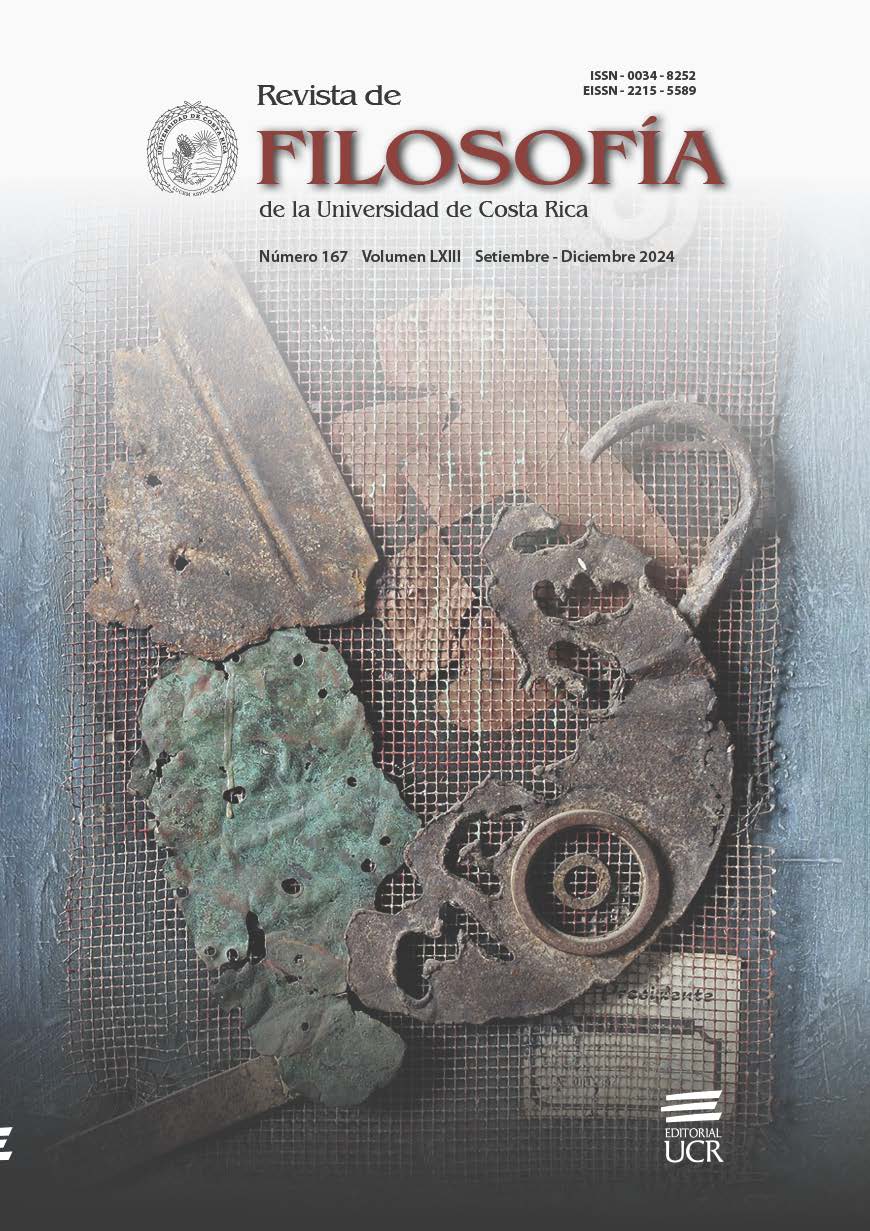Abstract
From Sein und Zeit, Heidegger exposes a key distinction to understand his thought: the ontic, pertaining to beings and the ontological, pertaining to being. According to this binomial, the ontic is based on the ontological. However, the immediate and regular gaze is lost in the entity without realizing that the entire horizon of its understanding is based on being. Now, the problem with this distinction is that it states two separate planes: one unconcealed [ontic] and another hidden [ontological], which allows the display of the first. The interpretation of this separation falls into several problems: the foundation, transcendence and metaphysics of presence, among others. To investigate the scope and limitations of this difference, this research turns its gaze to one of Heidegger's later works, Beiträge zur Philosophie: Von Ereignis (BzP, GA 65). There the author reworks the ontological difference towards his notion of appropriating event [Ereignis] and although it is problematic, he maintains the distinction. This approach aims to destructively problematize the ontological difference, through a return to the pre-Socratic ground that runs through Heidegger's work. This is in order to demonstrate the sameness that constitutes it, which is only possible by evidencing the excess [Übermaß] of the Ereignis.
##plugins.facebook.comentarios##

This work is licensed under a Creative Commons Attribution-NonCommercial-NoDerivatives 3.0 Unported License.
Copyright (c) 2024 Revista de Filosofía de la Universidad de Costa Rica

